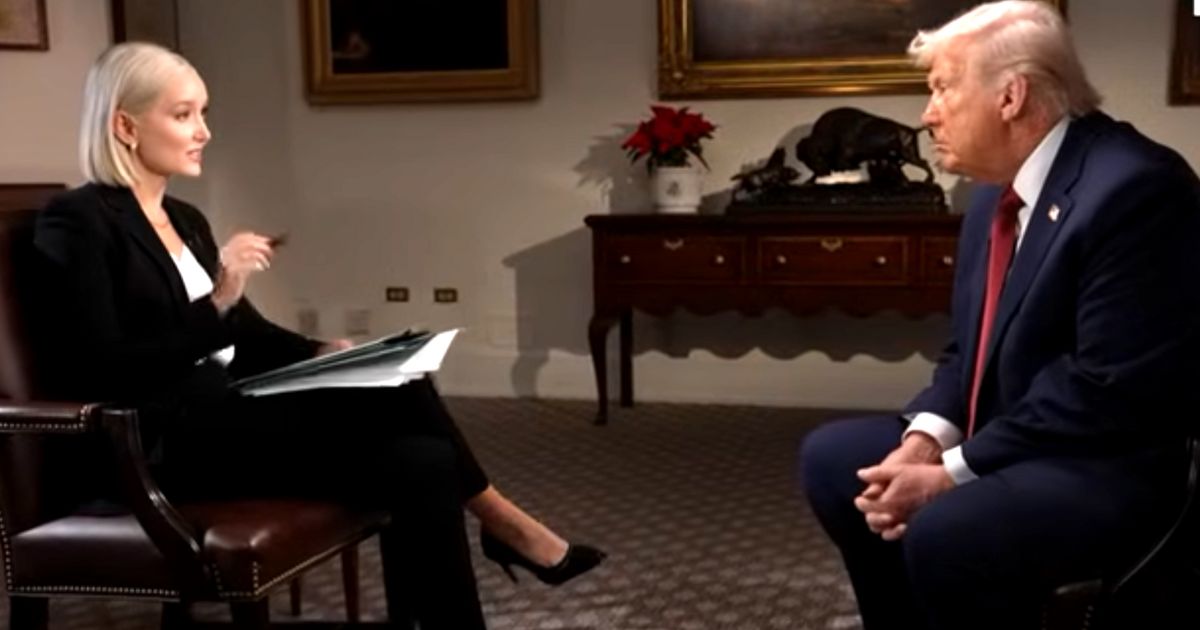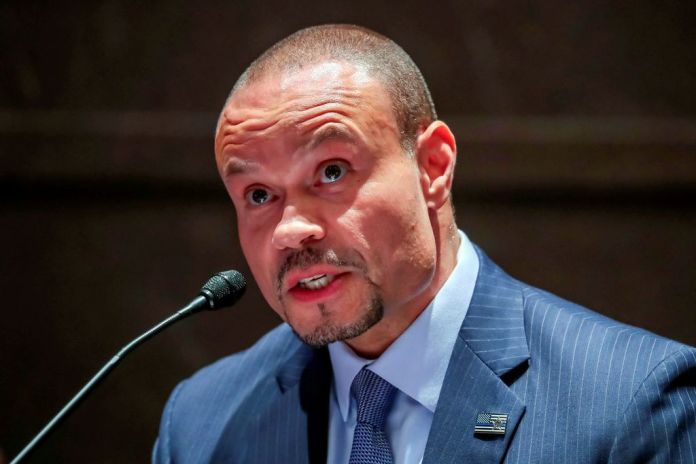Elon Musk Releases Twitter Files Part Two – Exposes Secret Blacklists Targeting Conservatives
With the simple tweet “Start your engines…” Matt Taibbi announced the second dump of Twitter files, which were then tweeted out by Bari Weiss.
“Thread: The Twitter Files Part Two,” Weiss tweeted. “Twitter’s secret blacklists.” Many users have long speculated that Twitter employees held secret blacklists and would shadow ban and suppress content from those accounts they deemed unpalateable.
Weiss revealed that yes, “teems of Twitter employees” did build blacklists, and used those to prevent content from trending that they didn’t want to see. While a user is notified if their account is locked, there was no way to tell if your account was being suppressed.
“A new #TwitterFiles investigation reveals that teams of Twitter employees build blacklists, prevent disfavored tweets from trending, and actively limit the visibility of entire accounts or even trending topics—all in secret, without informing users.”
Adrienne Curry responded that this is why she “stopped used twitter for 2 years,” because she was “shadow banned into hell.”
“Twitter once had a mission ‘to give everyone the power to create and share ideas and information instantly, without barriers.’ Along the way, barriers nevertheless were erected.”
Weiss reported that Twitter prevented noted doctor Jay Bhattacharya’s tweets from trending during the pandemic-inspired lockdowns. Bhattacharya was an early critic of lockdowns and spoke out against their negative impact on children, who were not as susceptible to the Covid virus.
Bhattacharya is a professor at Stanford, and was forthright in expressing his concerns about the problems with resitrctions as a means to fight an airborne virus.
Dan Bongino, Weiss reported, was also slapped with a “search blacklist” to prevent people from finding his tweets.
Charlie Kirk was hit with a “Do Not Amplify.”
“We now know Twitter specifically blacklisted Charlie Kirk,” Jack Posobiec wrote, “and put him on a Do Not Amplify list. The regime names those they fear.”
The Hodge Twins noted that this was evidence for what “every Conservative Twitter user on the plant has known” for years.
Weiss noted that “Twitter denied that it does such things,” and had bene doing so for years. “In 2018, Twitter’s Vijaya Gadde (then Head of Legal Policy and Trust) and Kayvon Beykpour (Head of Product) said: ‘We do not shadow ban.’ They added: ‘And we certainly don’t shadow ban based on political viewpoints or ideology.'”
“The game was rigged,” Luke Rudkowski said.
“What many people call ‘shadow banning,’ Twitter executives and employees call ‘Visibility Filtering’ or ‘VF.’ Multiple high-level sources confirmed its meaning,” Weiss continued.
“‘Think about visibility filtering as being a way for us to suppress what people see to different levels. It’s a very powerful tool,’ one senior Twitter employee told us.”
In 2018, then Twitter CEO Jack Dorsey said “We don’t shadow ban, and we certainly don’t shadow ban based on political viewpoints. We do rank tweets by default to make Twitter more immediately relevant…”
“‘VF’ refers to Twitter’s control over user visibility. It used VF to block searches of individual users; to limit the scope of a particular tweet’s discoverability; to block select users’ posts from ever appearing on the “trending” page; and from inclusion in hashtag searches,” Weiss tweeted.
“All without users’ knowledge.”
“‘We control visibility quite a bit. And we control the amplification of your content quite a bit. And normal people do not know how much we do,’ one Twitter engineer told us,” Weiss wrote. “Two additional Twitter employees confirmed.”
“The group that decided whether to limit the reach of certain users was the Strategic Response Team – Global Escalation Team, or SRT-GET. It often handled up to 200 ‘cases’ a day,” Weiss confirmed.
“But there existed a level beyond official ticketing, beyond the rank-and-file moderators following the company’s policy on paper. That is the ‘Site Integrity Policy, Policy Escalation Support,’ known as ‘SIP-PES,'” she wrote.
“This secret group included Head of Legal, Policy, and Trust (Vijaya Gadde), the Global Head of Trust & Safety (Yoel Roth), subsequent CEOs Jack Dorsey and Parag Agrawal, and others,” Weiss said, naming names.
Roth notably believes that satire is dangerous in the real world, and recently left Twitter. While at Twitter, he had weekly meetings with federal agents, and it was as a result of the information relayed to him at these meetings that he believed stories about the Biden family’s influence peddling, as learned from Hunter Biden’s laptop, needed to be suppressed.
Agrawal came to be CEO after Dorsey, and said outright that he didn’t believe the platform was beholden to upholding Americans’ first amendment rights.
“Imagine how many views conservatives would have if we weren’t on blacklist,” Posobiec wrote.
“It was in this group,” Weiss wrote, that “the biggest, most politically sensitive decisions got made. ‘Think high follower account, controversial,’ another Twitter employee told us. For these ‘there would be no ticket or anything.'”
The first round of files was dropped by Matt Taibbi on Friday night, and was followed up by a Q&A on Twitter Spaces with Elon Musk. That first round of files discussed the suppression and censorship of the Hunter Biden laptop story as reported by the New York Post.
After that drop, Musk promised there would be transparency. However, that goal was disrupted by Twitter attorney Jim Baker, who was intentionally censoring the Twitter files before Taibbi could release them. This was revealed over the weekend.
This is a breaking story and will be updated.
" Conservative News Daily does not always share or support the views and opinions expressed here; they are just those of the writer."





